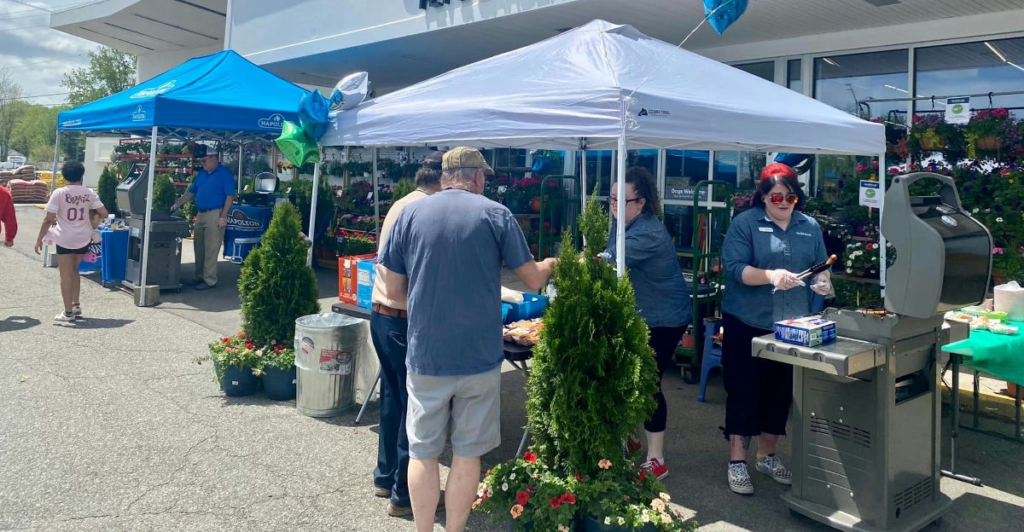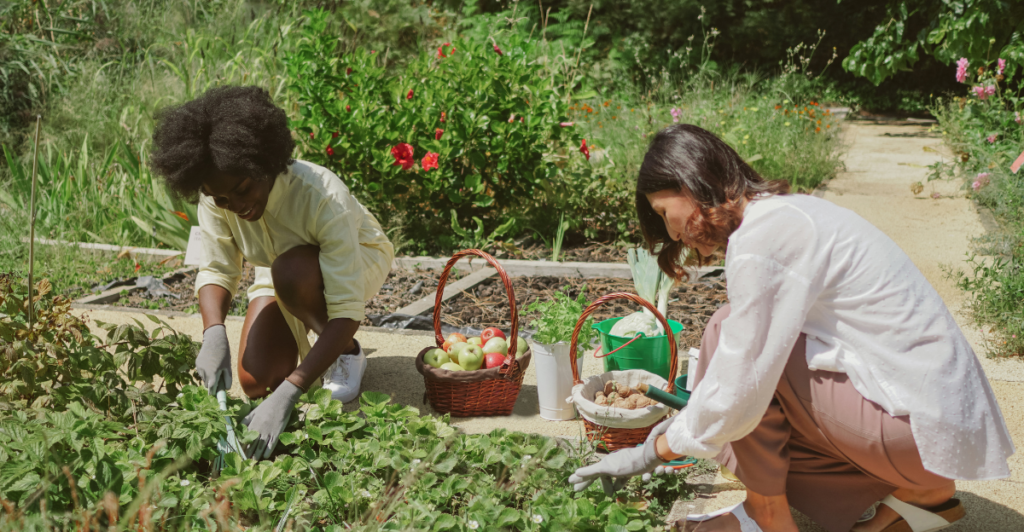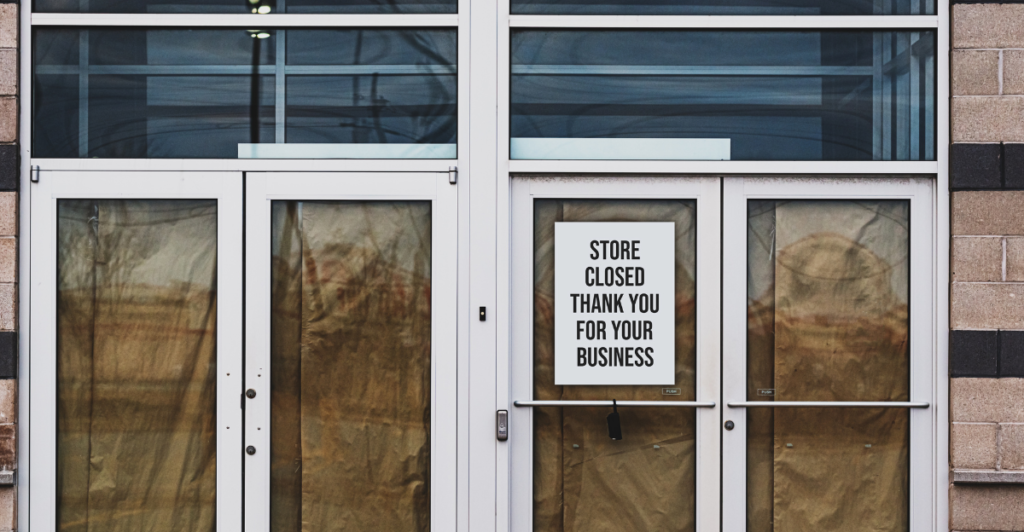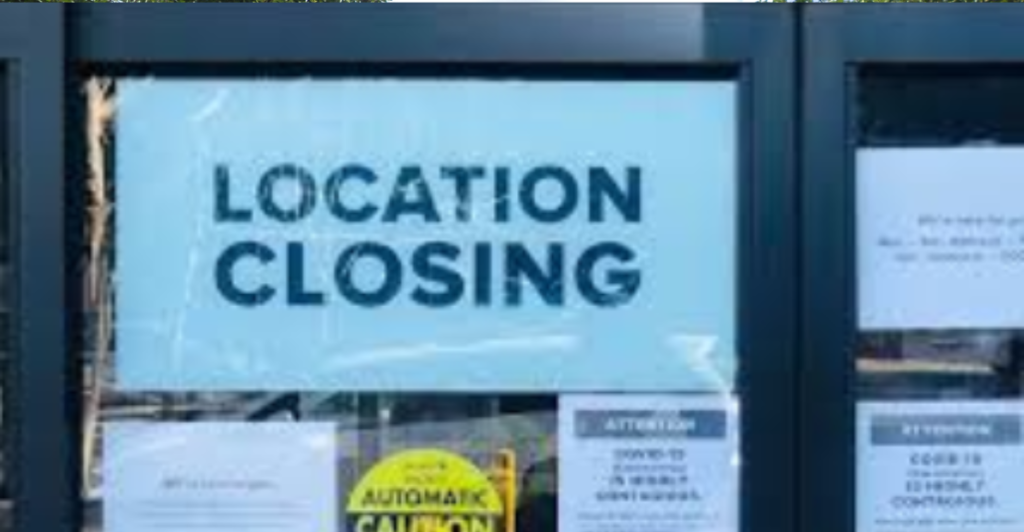
After more than 40 years serving pet owners and gardeners, Smithland Pet & Garden Centers is closing all 13 locations across Connecticut and Massachusetts. The company, which began as Agway Garden, Nursery and Pet Supply Center in North Branford in 1990, expanded through acquisitions and new store openings.
In 2016, it was sold to CT Gardens LLC, and in 2019, it expanded by acquiring multiple Massachusetts stores and opening a new location in Old Saybrook. Despite its growth, the company has now announced the closure of all its stores, with closing sales led by Hilco Consumer-Retail. All sales are final from May 6 onwards, and customer returns are allowed through May 20 for previous purchases.
The company has not provided reasons for the closures or details about employee layoffs. Efforts to reach a spokesperson or clarify if the parent company, CT Gardens LLC, sought buyers were unsuccessful. This closure marks the end of a significant presence in the regional pet and garden retail market.
The Rise and Fall of Smithland Pet & Garden Centers

Smithland Pet & Garden Centers began as Agway Garden, Nursery and Pet Supply Center in North Branford, Connecticut, in 1990. Over the years, it expanded its footprint by acquiring stores from Agway and Dave’s Soda & Pet City, eventually operating 13 locations across Connecticut and Massachusetts. 2016 the company was sold to CT Gardens LLC, which continued its expansion strategy.
In 2019, Smithland acquired multiple Massachusetts stores and opened a new location in Old Saybrook. Despite these efforts, the company has now closed all its stores. The reasons for the closures have not been disclosed, and it remains unclear whether the company sought buyers or considered other alternatives. This development marks the end of a notable regional chain that served pet owners and gardeners for over four decades.
A Broader Trend: Pet Retailers Facing Challenges

Smithland’s closure is part of a broader trend affecting pet retailers. In 2020, Pet Valu, a specialty pet food and supplies retailer, announced the closure of all 358 U.S. stores, citing the severe impact of the COVID-19 pandemic.
The company stated that protracted COVID-19-related restrictions significantly impacted its operations, leading to the decision to wind down its U.S. operations. Pet Valu’s Canadian operations, however, continued unaffected.
The Impact on Local Communities

The closure of Smithland Pet & Garden Centers will significantly impact the local communities it served. These stores were not just retail outlets but community hubs where pet owners and gardeners could find products, advice, and a sense of community.
The loss of these stores means that customers will have to seek alternatives, which may not offer the same level of personalized service. Additionally, the closures will result in job losses, affecting employees and their families. The full extent of the impact on local economies and communities will become clearer in the coming months.
The Shift to Online Retail

One of the significant challenges facing brick-and-mortar pet and garden retailers is the shift to online shopping. Consumers increasingly prefer the convenience of ordering products online, often at lower prices. This trend has been accelerated by the COVID-19 pandemic, which led to increased online shopping across various sectors.
Retailers like Chewy and Amazon have capitalized on this shift, offering a wide range of pet products with fast delivery options. Traditional retailers have struggled to compete with these online giants, leading to store closures and restructuring efforts.
Retail Dive
Regulatory Challenges in the Pet Retail Industry

Regulatory changes have also impacted the pet retail industry. For example, Selmer’s Pet Land, a family-owned pet store in Huntington Station, New York, closed after 84 years in business. The owner cited a new state law banning the sale of dogs, cats, and rabbits at retail pet shops as a significant factor in closing.
This law aims to stop abusive breeding practices, but it has also affected traditional pet retailers. Such regulatory changes, while well-intentioned, can have unintended consequences for small businesses.
The Garden Center Sector Also Faces Challenges

The garden center sector is not immune to the retail industry’s challenges. Dobbies, a UK-based garden center chain, announced plans to shut 17 of its 77 stores as part of a restructuring plan. The closures, which include 11 unprofitable large garden centers and all six of its ‘little Dobbies’ high street sites, will affect 465 jobs.
The company cited the need to return to profitability and reduce its rent bill as reasons for the closures. This development highlights garden centers’ broader challenges, including changing consumer habits and economic pressures.
The Role of Private Equity in Retail Closures

Private equity ownership has played a role in the closure of several retail chains. For instance, Pet Valu’s U.S. operations were owned by Roark Capital, a private equity firm. While private equity can provide capital and strategic guidance, it can also lead to decisions focused on short-term financial returns.
In some cases, this focus can result in cost-cutting measures, store closures, or other actions that may not align with the company’s or its customers’ long-term interests. The impact of private equity ownership on retail closures is a complex issue that continues to be debated.
The Future of Pet and Garden Retail

The future of pet and garden retail will likely involve a combination of online and in-store experiences. Retailers that can adapt to changing consumer preferences, embrace technology, and offer unique value propositions will be better positioned to succeed.
This may include offering personalized services, creating community-focused events, and integrating online and offline sales channels. The industry will need to innovate and evolve to meet the needs of modern consumers while maintaining the personal touch that has traditionally been a hallmark of pet and garden retail.
Economic Implications of Retail Closures

Closing retail chains like Smithland Pet & Garden Centers has broader economic implications. Job losses from store closures contribute to unemployment and can have ripple effects on local economies. Shifting from brick-and-mortar stores to online retail can impact commercial real estate markets, leading to vacancies and reduced property values.
The decline of traditional retail also affects suppliers, logistics providers, and other businesses in the supply chain. Understanding and addressing these economic implications will be crucial for policymakers and business leaders navigating the evolving retail landscape.
Discover more trending stories and Follow us to keep inspiration flowing to your feed!

Craving more home and lifestyle inspiration? Hit Follow to keep the creativity flowing, and let us know your thoughts in the comments below!
